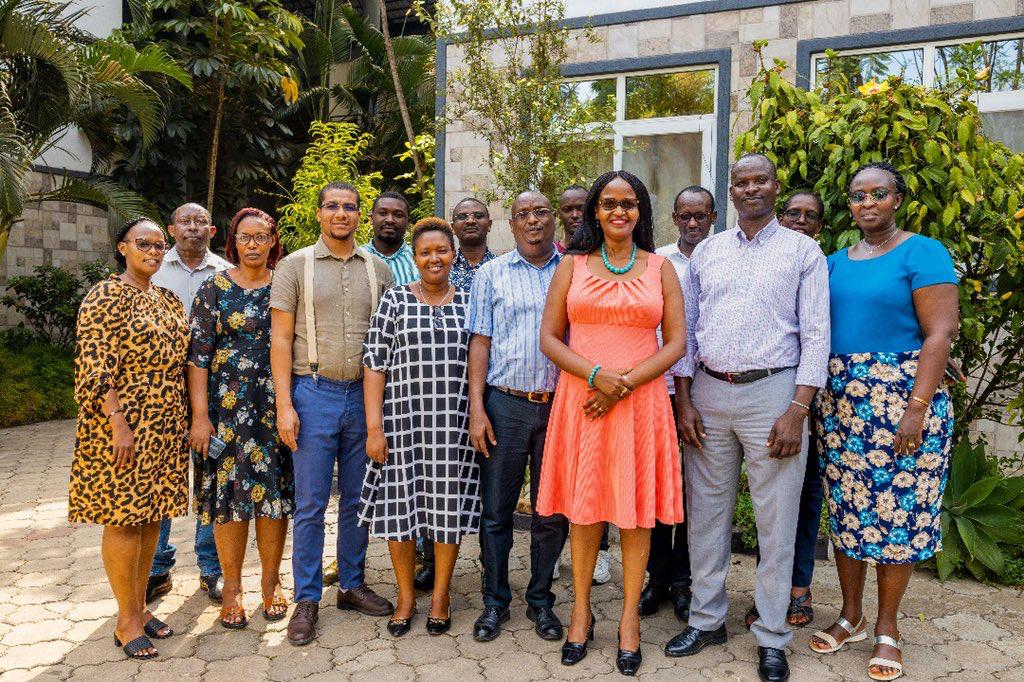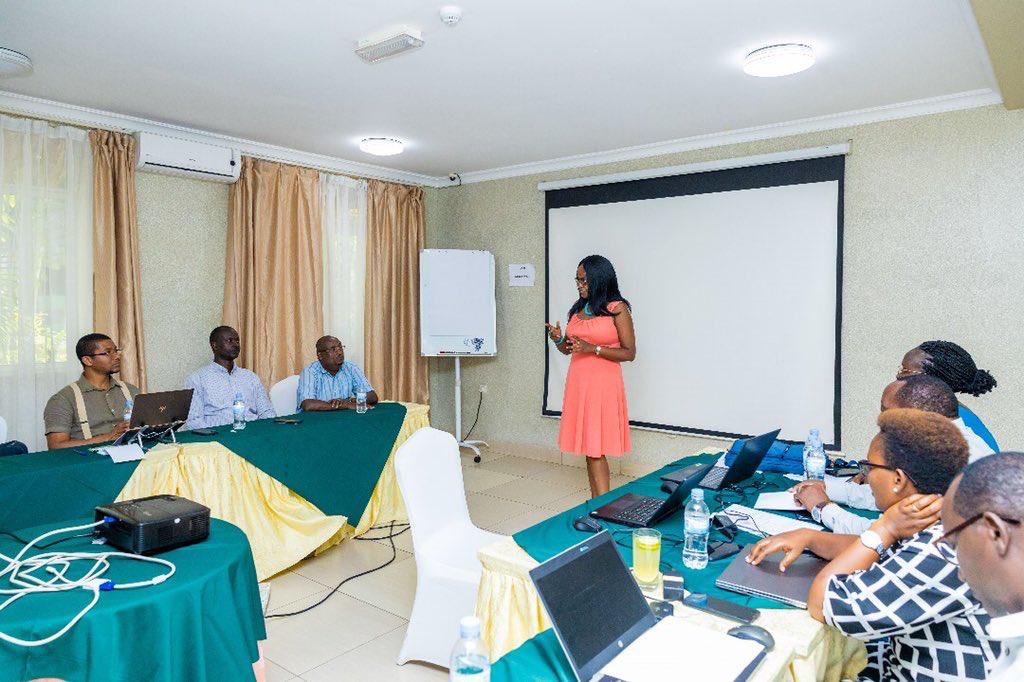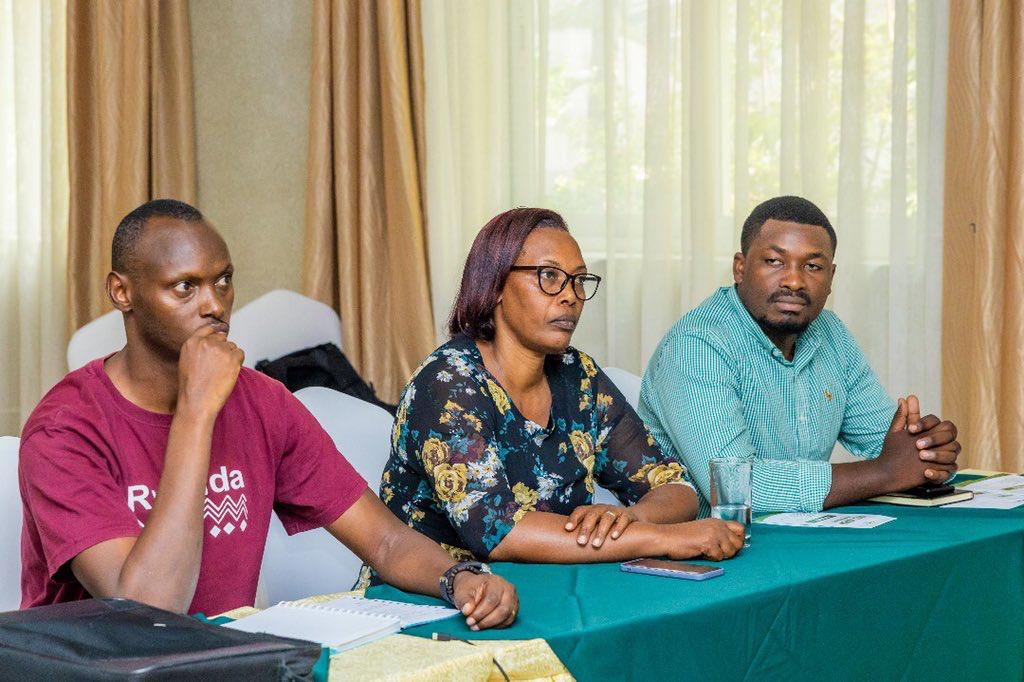Press Release: Launch of the HEPRR Programme for East and Southern Africa Date: May 11,…
Safeguarding Tomorrow: ECSA’s Trailblazing Initiative in Rwanda’s Bio-Frontier

In an era where the handling of biological materials such as microorganisms, viruses, and toxins can pose monumental challenges, the need for steadfast biosafety and biosecurity has never been clearer. But what does it really take to ensure these biological materials are managed safely and securely?

Enter the Biosafety and Biosecurity Technical Working Group. This robust coalition unites representatives from diverse sectors—ranging from Government Agencies to Research Institutions, Public Health Authorities, Law Enforcement, and International Organizations. Each sector has a unique role, and together, they craft policies, develop strategies, promote best practices, and above all, ensure that every angle of biosecurity is covered. It’s a holistic dance of collaboration, and every step counts.
Amidst this backdrop, the East Central and Southern Africa Health Community (ECSA-HC) has taken a commendable leap under its Strengthening Pandemic Preparedness (SPP) Project. In partnership with the World Bank, ECSA-HC has empowered Rwanda with an invaluable resource—training 25 master trainers spanning diverse sectors. But it doesn’t stop there. These freshly-minted experts are now poised to draft Rwanda’s 5-year National Biorisk Management Operational Plan.

Why is this plan so crucial? It’s not just about addressing present challenges; it’s about forecasting the future. By diving deep into the complexities of biological materials and systems, Rwanda aims to prevent or mitigate potential hazards. The objective? Safeguard public health, ensure environmental security, and uphold ethical practices in the realm of biology.
This strategic move by ECSA-HC aligns seamlessly with the SPP Project’s ambition. By fortifying health systems and ensuring a proactive approach to biological threats, ECSA-HC is paving the way for countries to manage potential risks effectively. It’s not just about damage control; it’s about swift, decisive action in the face of a pandemic.
In essence, this initiative promises a brighter and more secure future for Rwanda and, by extension, the broader region. Through cohesive collaboration and strategic foresight, we’re one step closer to a world where biological threats are not feared but managed with wisdom and agility.
